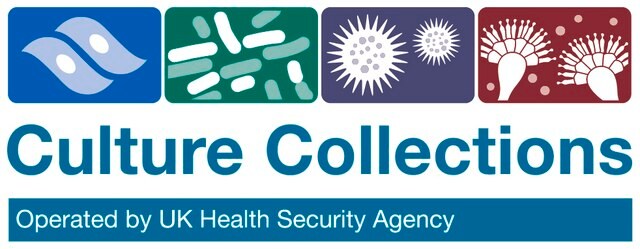PNT1A (SERUM FREE)
7052901, human prostate, Not specified
Sign Into View Organizational & Contract Pricing
All Photos(1)
About This Item
UNSPSC Code:
41106514
Recommended Products
Product Name
PNT1A (SERUM FREE), 07052901
biological source
human prostate
growth mode
Semi-adherent
karyotype
Not specified
morphology
Not specified
products
Not specified
receptors
Not specified
technique(s)
cell culture | mammalian: suitable
relevant disease(s)
cancer
shipped in
dry ice
storage temp.
−196°C
Cell Line Origin
Human post pubertal normal, immortalised with SV40, serum-free
Cell Line Description
This cell line is a derivative of the normal human prostate cell line PNT1A (Sigma cat no. 95012614) adapted to grow in serum-free medium. PNT1A was established by immortalisation of normal adult prostatic epithelial cells by transfection with a plasmid containing SV40 genome with a defective replication origin. The primary culture was obtained from the prostate of a 35 year old male at post mortem.
Culture Medium
Serum-free Stemline Keratinocyte Medium II (Sigma cat no. S0196) + Keratinocyte Medium Supplement (Sigma cat no. K3136). To freeze cells use 50:50 fresh:conditioned medium + 10% DMSO
Subculture Routine
Split sub-confluent cultures (70-80%) 1:2; 5% CO2; 37 ºC. Mixture of attached and suspension cells. To harvest attached cells use gentle agitation. If cells do not detach, then try using 0.25% trypsin. A trypsin inhibitor must be used to inactivate trypsin. Seed contents of one ampoule into a 25 cm2 flask.
Other Notes
Additional freight & handling charges may be applicable for Asia-Pacific shipments. Please check with your local Customer Service representative for more information.
Choose from one of the most recent versions:
Certificates of Analysis (COA)
Lot/Batch Number
Sorry, we don't have COAs for this product available online at this time.
If you need assistance, please contact Customer Support.
Already Own This Product?
Find documentation for the products that you have recently purchased in the Document Library.
Our team of scientists has experience in all areas of research including Life Science, Material Science, Chemical Synthesis, Chromatography, Analytical and many others.
Contact Technical Service



